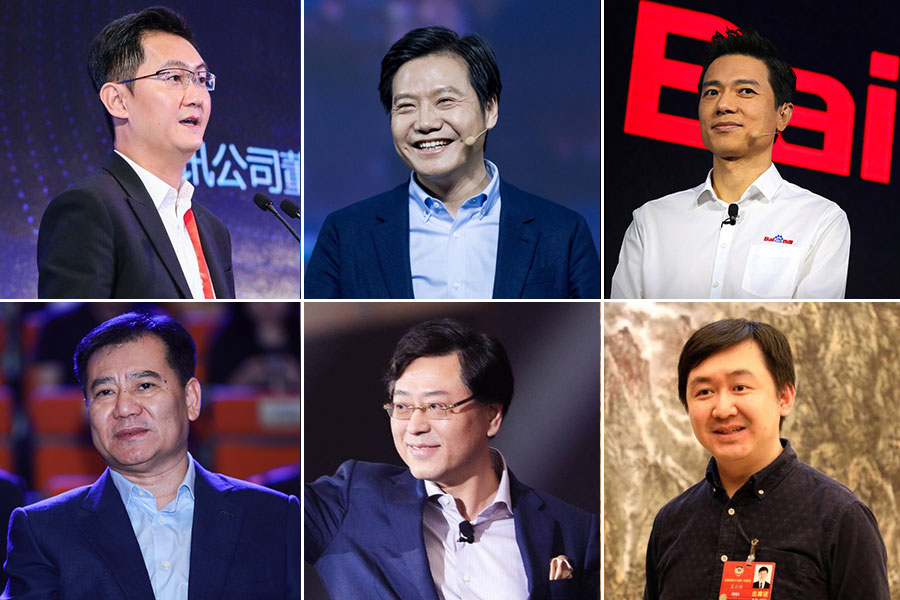
Editor's note: The annual sessions of the National People's Congress and the National Committee of the Chinese People's Political Consultative Conference, which are known as two sessions and considered the biggest annual political event in China, are underway in Beijing. Tech entrepreneurs who are NPC deputies or CPPCC members are offering suggestions and bringing proposals. Let's take a look.
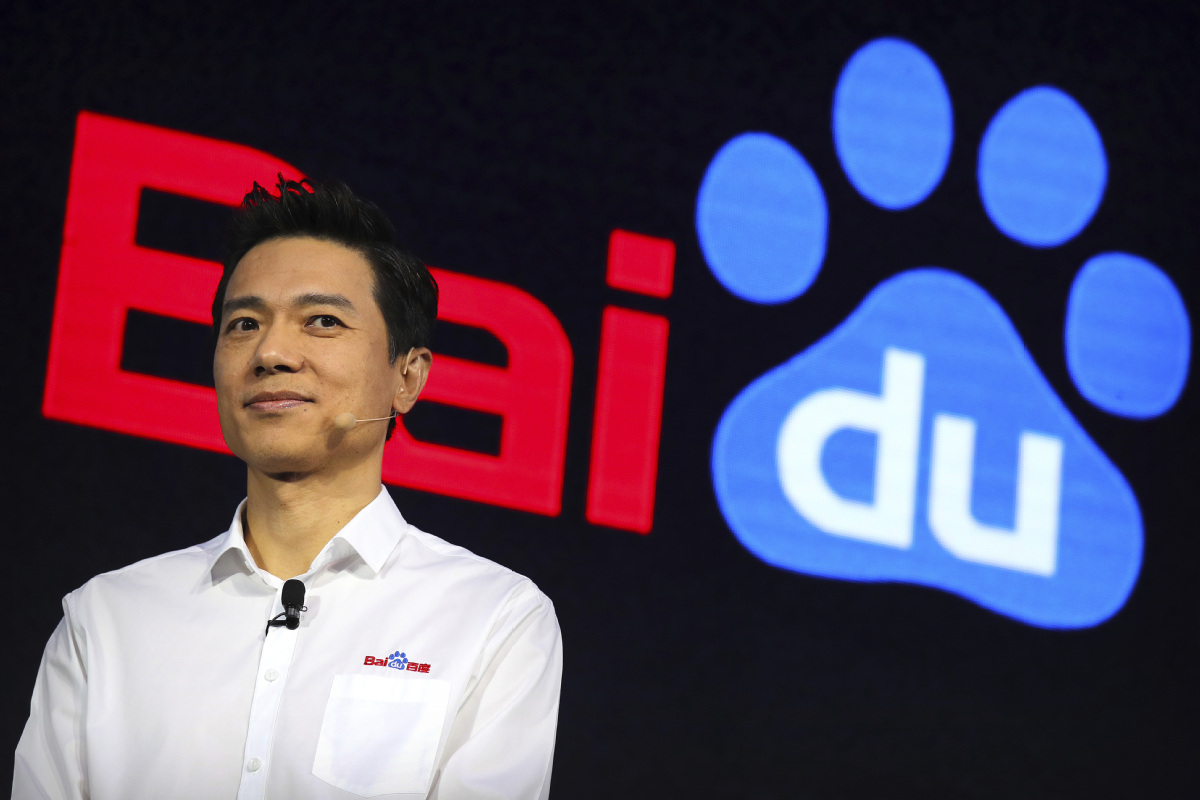
Li Yanhong, chairman and CEO of Baidu Inc. [Photo/IC]
Li Yanhong, chairman and CEO of Baidu Inc and a member of the 13th National Committee of the Chinese People's Political Consultative Conference
In his proposal, Li said governing bodies should take the lead in establishing a unified system of internet security education for minors and encourage social entities to take part in the undertaking.
Based on statistics, China had 175 million juvenile internet users by the end of 2019, while the internet penetration rate among the non-adult population reached 93.1 percent. Minors are not yet mature and lack the ability to protect themselves. While enjoying the convenience of the internet, they are also faced with greater internet risks.
Li recommended that internet security education should be included in the curriculum for the primary and middle schools; internet firms should be encouraged to take part in the internet security education under government direction; and this atmosphere should be promoted in society to bring more attention to internet security education.
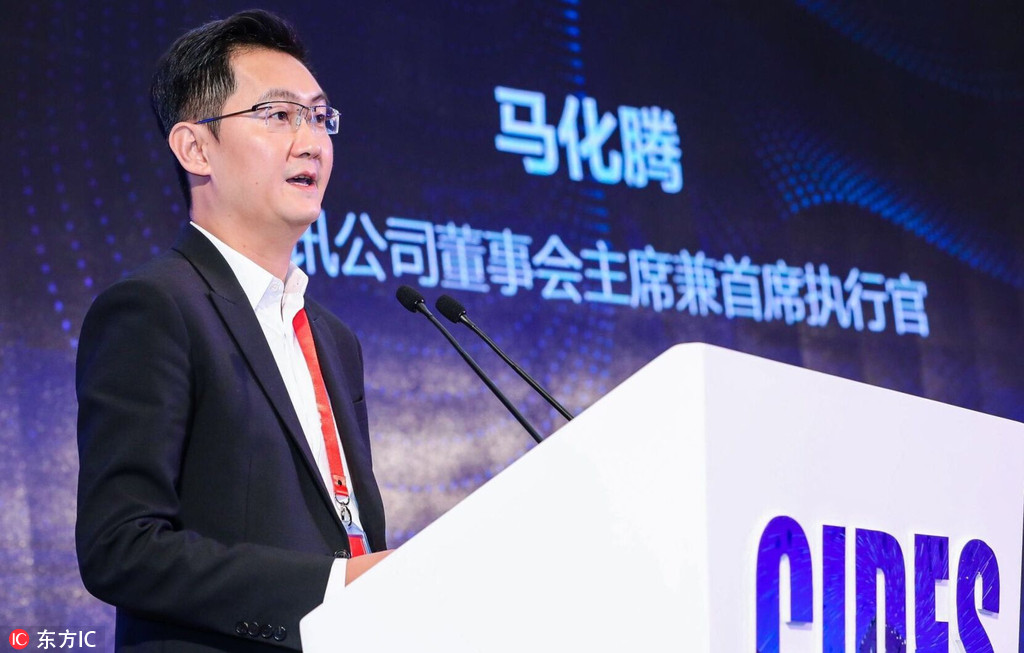
Ma Huateng, chairman and CEO of Tencent. [Photo/IC]
Ma Huateng, chairman and CEO of Tencent and a deputy to the 13th National People's Congress
This year, Ma brings several suggestions to the top legislature, covering rural revitalization, new employment, carbon neutrality, digital governance, the Guangdong-Hong Kong-Macao Greater Bay Area and ecological environmental protection.
In his suggestions, Ma said the government should promote integrated development of internet technology and smart agriculture. People are always the core factor for achieving rural revitalization, Ma said, adding the country should put more efforts to attract and cultivate "new farmers" in the information age, stimulate internal driving force for rural revitalization.
Ma said new flexible employment form based on internet platform is an important carrier for achieving stable employment. New employment structures such as flexible employment and sharing employees are different from traditional ones, and need related policy support and improved service systems to better guarantee and serve these people.
In January, Tencent officially launched its carbon neutrality plan, becoming one of the first batch internet companies to unveil such plans. Ma said promoting carbon neutrality is an evidence that tech enterprises are actively fulfilling their social responsibility. It will promote these companies in energy saving and emission reduction, more important, the country encouraged tech companies in R&D and innovation and eventually to realize low carbon technology transformation.
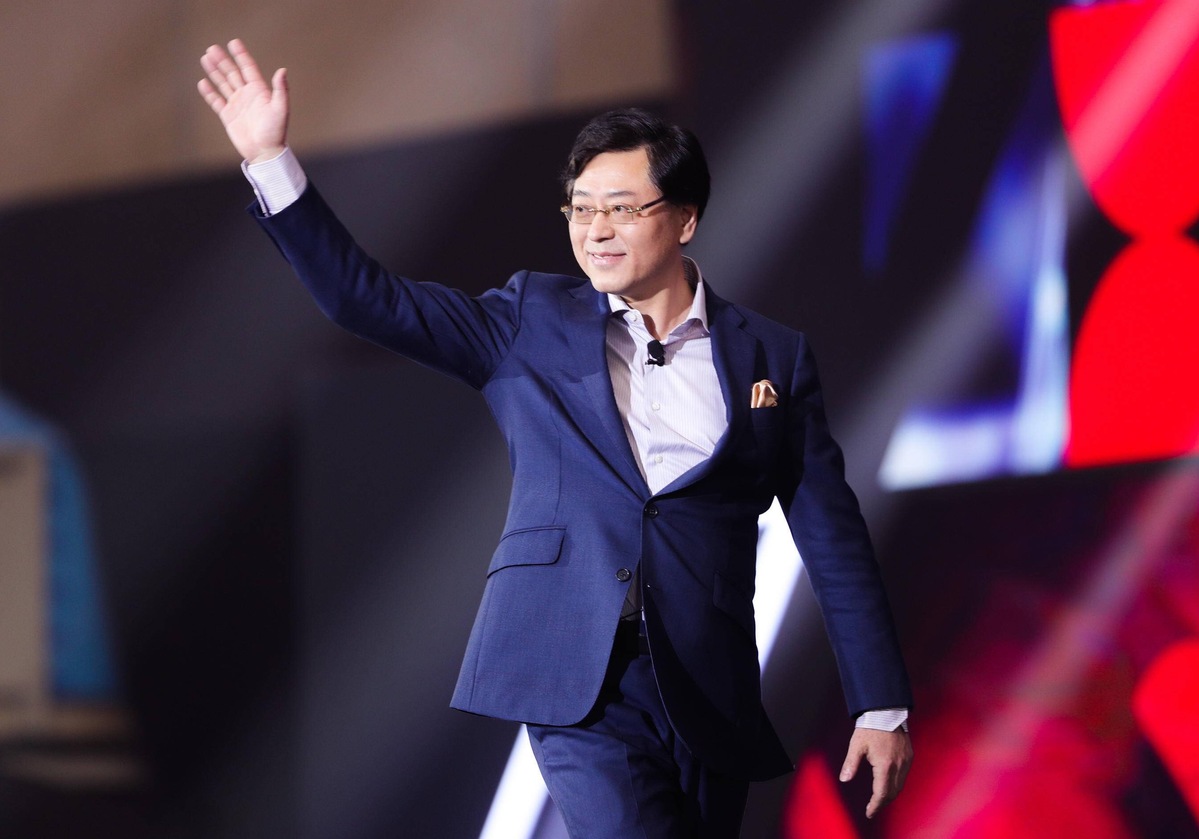
Yang Yuanqing, chairman and CEO of Lenovo Group. [Photo provided to chinadaily.com.cn]
Yang Yuanqing, chairman and CEO of Lenovo and a deputy to the 13th National People's Congress
Yang said with the popularity of smartphones, to some extent, the elderly encounter many difficulties when using them. The problem of the "digital divide" among seniors has become prominent, impacting their traditional lifestyles. Helping seniors gain convenience from technologies while avoiding internet risks has become a societal and familial problem that needs to be solved.
He suggested that enterprises should be encouraged to roll out end products responding to the needs of the elderly. Online or offline services should be consolidated for convenience. And law enforcement efforts to safeguard personal information should be enhanced.
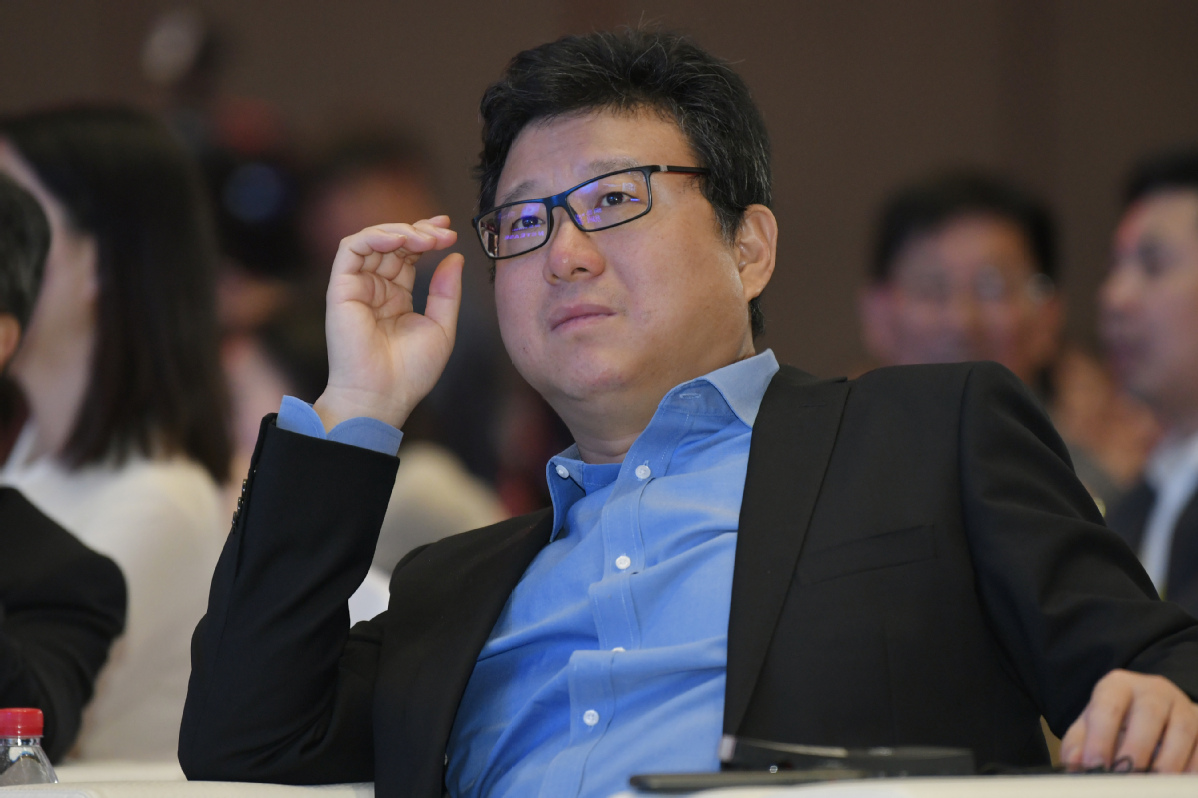
Ding Lei, CEO of NetEase Inc. [Photo/IC]
Ding Lei, CEO of NetEase Inc and a member of the 13th National Committee of the Chinese People's Political Consultative Conference
This year, Ding's proposals covered the high-quality development of the digital cultural tourism industry, cultural inheritance of digital music and battery standardization of new energy vehicles.
Ding said the country should unveil a national mandatory standard for power batteries, and make battery switch stations a priority for new infrastructure, in a bid to solve the problem of battery range, promote the development of new energy vehicles, and put more effort into achieving the goal of defending blue skies.
The government should fully integrate digital music resources, promote the development of new music modes combining traditional music and digital music, and explore musical creation via artificial intelligence, Ding added.
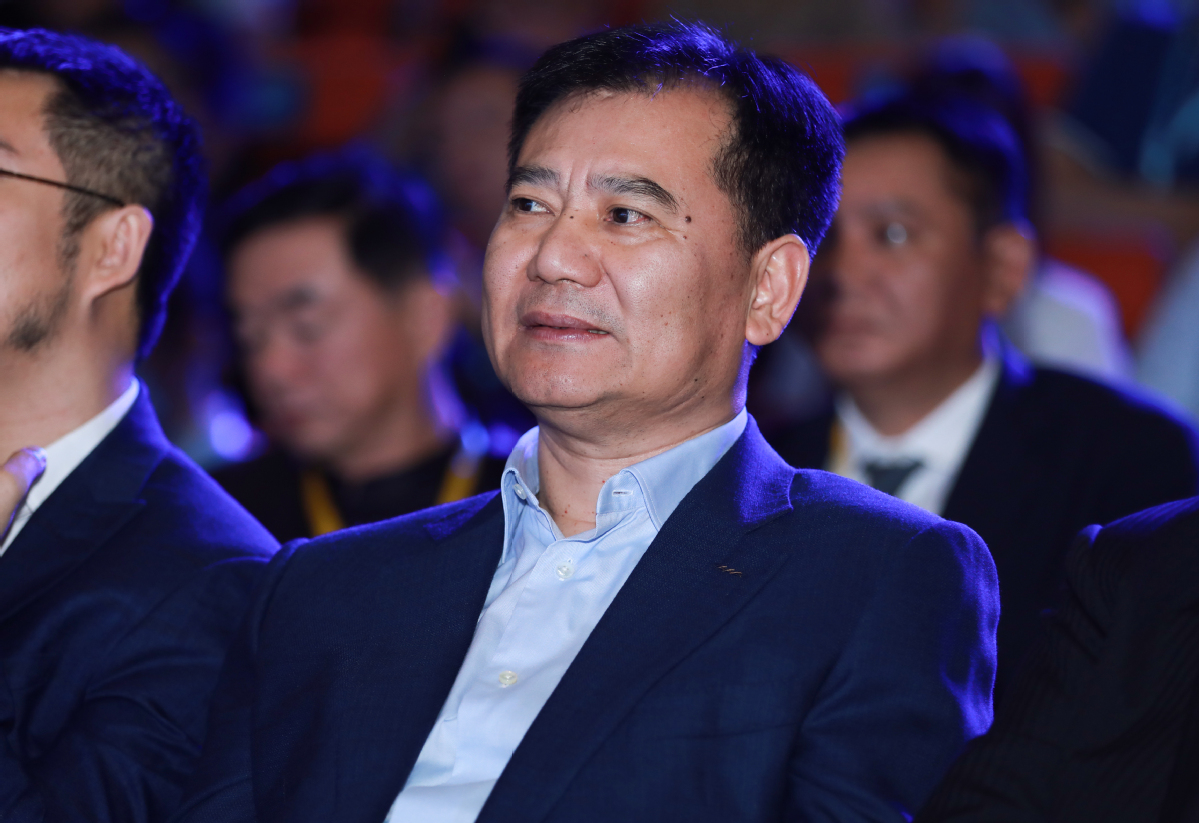
Zhang Jindong, chairman of Suning Holdings Group. [Photo/IC]
Zhang Jindong, chairman of Suning Holdings Group and a deputy to the 13th National People's Congress
This year, Zhang's suggestions are related to rural revitalization, circular economy, data sharing, green logistics, and the development of small and micro-enterprises.
In his suggestions to the top legislature, Zhang said upgrading quality and experience should become the key direction of rural consumption upgrade. Digital empowerment of small and micro retail enterprises in rural region will promote the upgrade of consumption quality and release more consumption potential.
Zhang said the country should strengthen popularization of service life for home appliances and actively guide people to trade their old home appliances in for new ones. Meanwhile, the government should enhance subsidies for consumers and promote new online-offline trade-in program.
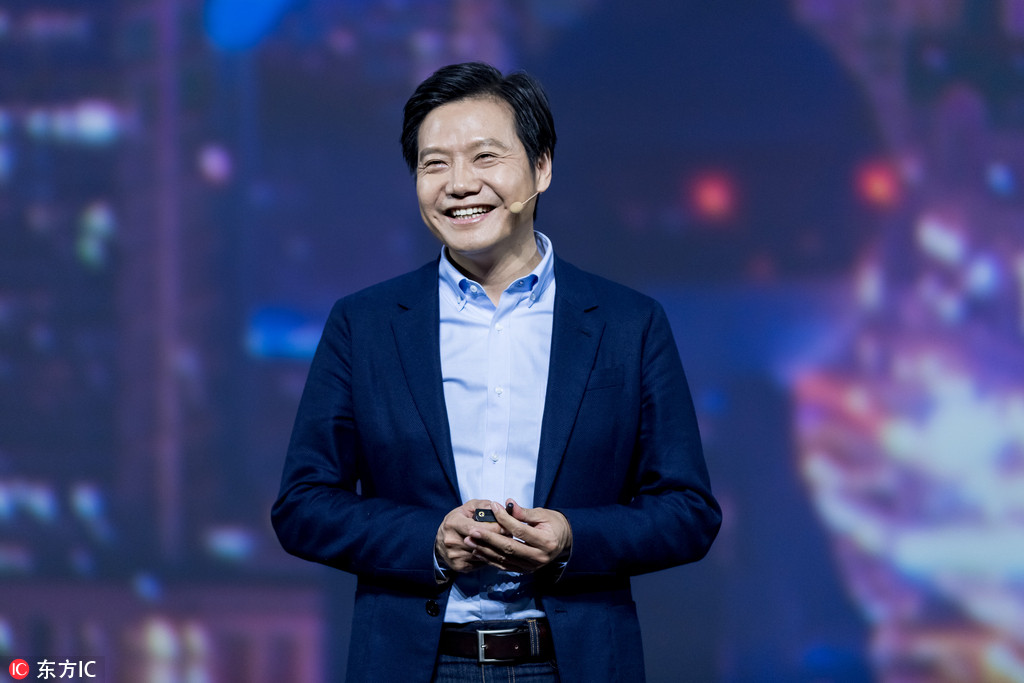
Lei Jun, chairman and CEO of Xiaomi. [Photo/IC]
Lei Jun, CEO and founder of Xiaomi Corp and a deputy to the 13th National People's Congress
This year, Lei's suggestions covered promoting the development of China's smart manufacturing sector, helping the elderly better join digital life via smart technology, and speeding up the digitalization construction of the county-level healthcare system.
In terms of smart manufacturing, Lei said the government should create a stable, predictable macro policy environment, and promote cooperative work among enterprises, universities and research institutes. A service platform for smart manufacturing should continue to be cultivated to achieve bigger breakthroughs in industrial software and the smart manufacturing system.
In order to solve the problem of the "digital divide" among seniors, Lei said senior digital service should be brought into the national informatization infrastructure construction as soon as possible, and promote integrated development of emerging business modes and smart technologies applied to senior scenarios.
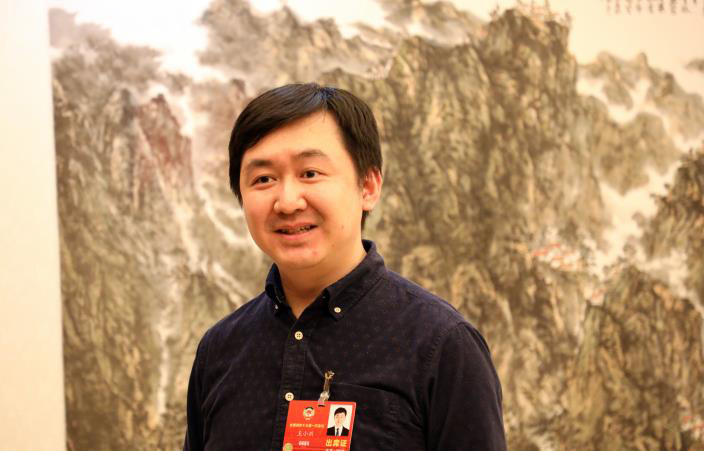
Wang Xiaochuan, CEO of Sogou and a member of the National Committee of the Chinese People's Political Consultative Conference. [Photo provided to chinadaily.com.cn]
Wang Xiaochuan, CEO of Chinese search engine Sogou and a member of the 13th National Committee of the Chinese People's Political Consultative Conference
For Wang, the accelerated aging society brings an urgent task for the digital economy industry: filling the "digital divide". In a long term, the burgeoning development of information technologies such as artificial intelligence and 5G will eventually help people to tackle challenges brought by the aging society and increase people's welfare.
Therefore, the current digital economic industry needs more balanced industrial policies, taking into account both efficiency and fairness, the part and the whole, short- and long-term interest, as well as support policies and comprehensive supervision.
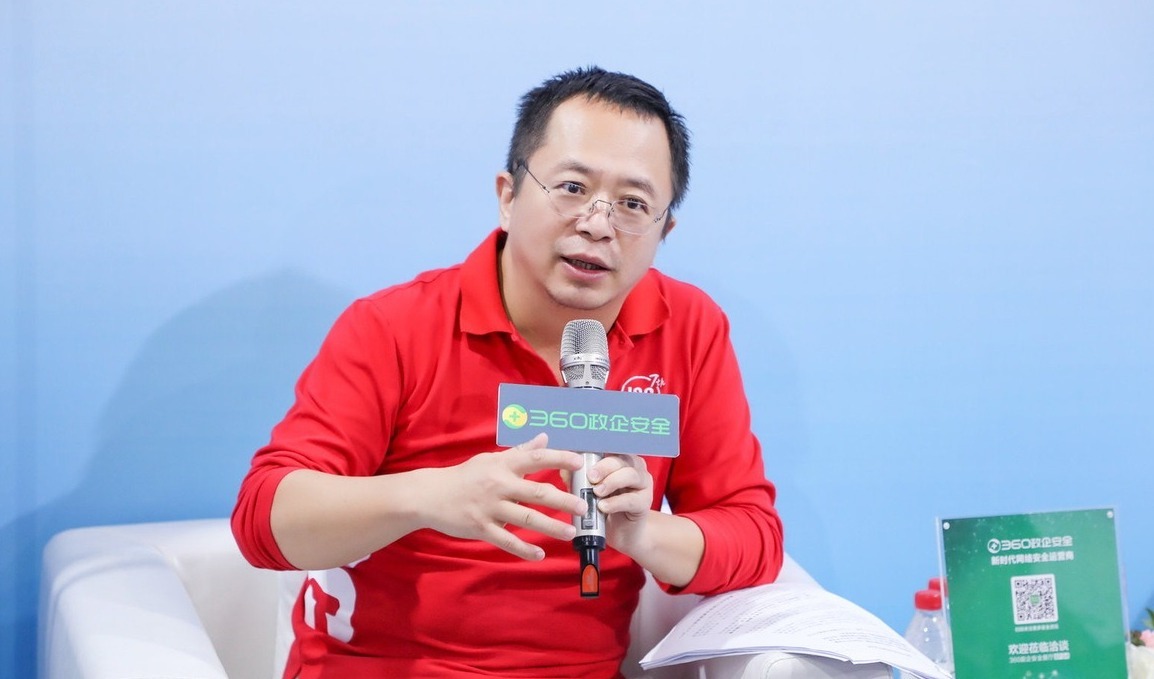
Zhou Hongyi, chairman and CEO of 360 Security Group, shares his views on China's security construction with China Daily at the third Digital China Summit in Fuzhou, Fujian province. [Photo provided to chinadaily.com.cn]
Zhou Hongyi, chairman of 360 Security Technology and a member of the 13th National Committee of the Chinese People's Political Consultative Conference
This year, Zhou's three proposals are all related to cybersecurity. In terms of smart car cybersecurity, Zhou proposed to list cybersecurity system as an official standard like safety belts for smart cars, promote mandatory testing on smart vehicles cybersecurity and strengthen safety regulation on data generated from intelligent connected vehicles.
Zhou also said the country should speed up the construction of city-level cybersecurity infrastructure, and give special certificates, as well as policy support for cybersecurity talents.